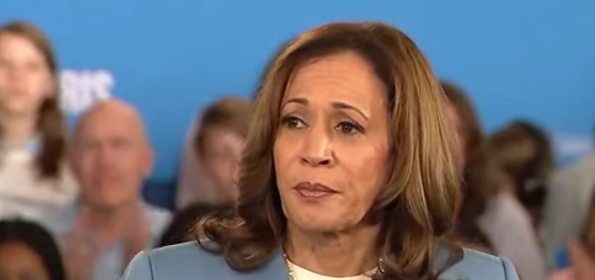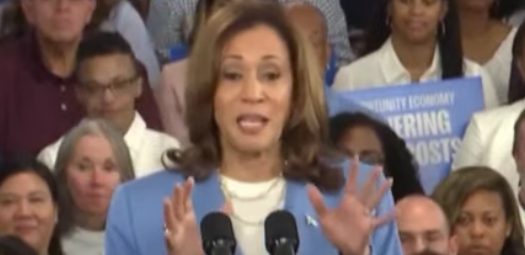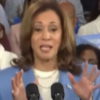Opinion | The author's opinion does not necessarily reflect Sarah Palin's view.
In a CNN interview, Washington Post journalist Catherine Rampell criticized Vice President Kamala Harris’ proposed federal ban on “price gouging,” likening it to failed economic policies of past communist regimes.
Rampell argued that the concept of price gouging is vague and difficult to define, making the proposed legislation problematic.
She warned that such government-enforced price controls could lead to negative outcomes, including shortages, black markets, and unintended price increases.
“First of all, nobody can explain what price gouging means. It’s like that old line about pornography. I know it when I see it,” Rampell said. “In the sense that, what does it mean to have an excessive price or an excessive profit margin. That seems to be shorthand for a price or a profit margin that bugs me, that seems too high. So, you know, it’s very hard to pin down what this would actually mean.”
“The particular way that this is written, which is likely to be the template for any proposal that Harris would eventually embrace, is especially bad. It just bans excessive prices, grossly excessive prices, grossly excessive profit margins, and says that the Federal Trade Commission can use any metric it deems appropriate,” Rampell added.
Rampell emphasized that the legislation could disrupt normal supply and demand dynamics by allowing the Federal Trade Commission to dictate acceptable pricing, potentially harming competition and encouraging collusion among companies.
She concluded that the policy could exacerbate the very issues it aims to address, reflecting a misunderstanding of market mechanics.
“We’ve seen this kind of thing tried in lots of other countries before, Venezuela, Argentina, the Soviet Union, etc. It leads to shortages, it leads to black markets, you know, plenty of uncertainty,” Rampell said.
“The specific way this bill is written might actually increase prices because of some of the other language in it, things like requiring companies, public companies to disclose in their quarterly reports, their quarterly earnings reports, how they’re setting prices, which is a great way to help them collude, which normally we don’t want them to do,” she said.












